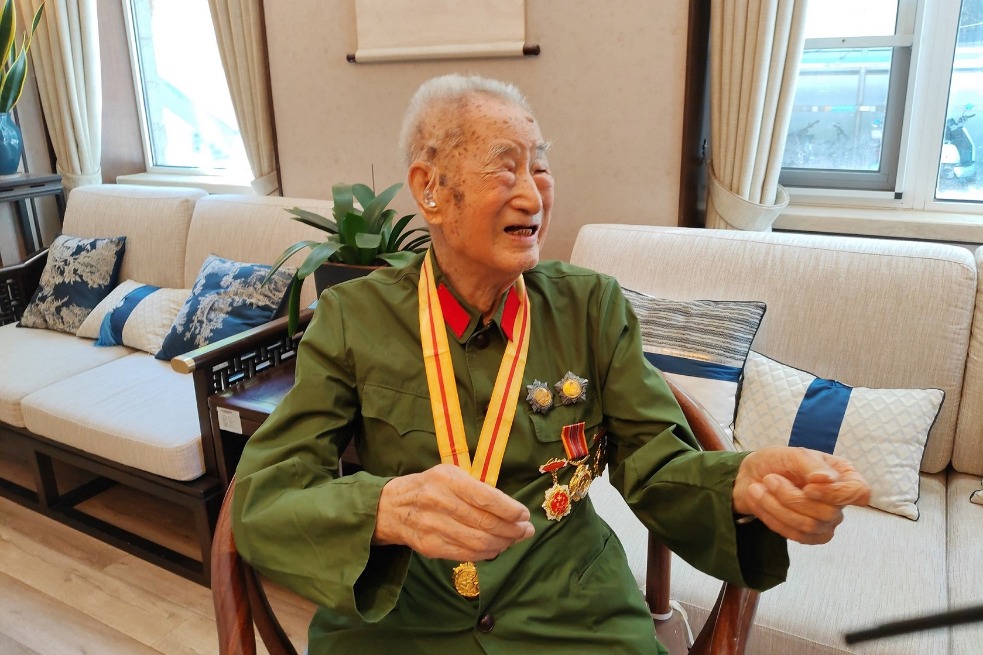Civil code defines, bans sexual harassment
The move is unprecedented in China's legal history. Cao Yin reports.

Timeline
August 2018
The civil code's draft section on personality rights is submitted to the Standing Committee of the National People's Congress for its first reading.
The draft clarifies that those alleged to have sexually harassed others through word or deed, or by taking advantage of their position, will be subject to potential civil action if they are sued by their victims.
April 2019
The draft is submitted to the NPC Standing Committee for a second reading. It further emphasizes that employers must take measures to prevent sexual harassment in the workplace, provide a channel for victims to report such actions and take steps against offenders.
August 2019
The document is submitted to the NPC Standing Committee for a third reading. This time, schools, businesses and government departments are highlighted among employers who should take measures to deal with sexual harassment. The word "workplace" is removed from the document because lawmakers think sexual harassment in unequal relationships may also happen in other places.
December 2019
The draft is combined with the general provisions and five other sections to form the full text of the civil code.
May 22, 2020
The draft is submitted to the annual plenary session of the 13th NPC for deliberation.
May 28, 2020
The draft is adopted by the NPC. It will come into force on Jan 1.
- Crook: Unite Japanese people to prevent militarism
- SCO delegates explore Luban Workshop model in Tianjin
- International journalists hail SCO role in fostering development and stability
- Xi, Modi hold fruitful meeting: senior official
- Time to 'thank' friends who told China's story of resistance
- New blue book charts Chinese diplomacy in global affairs





































